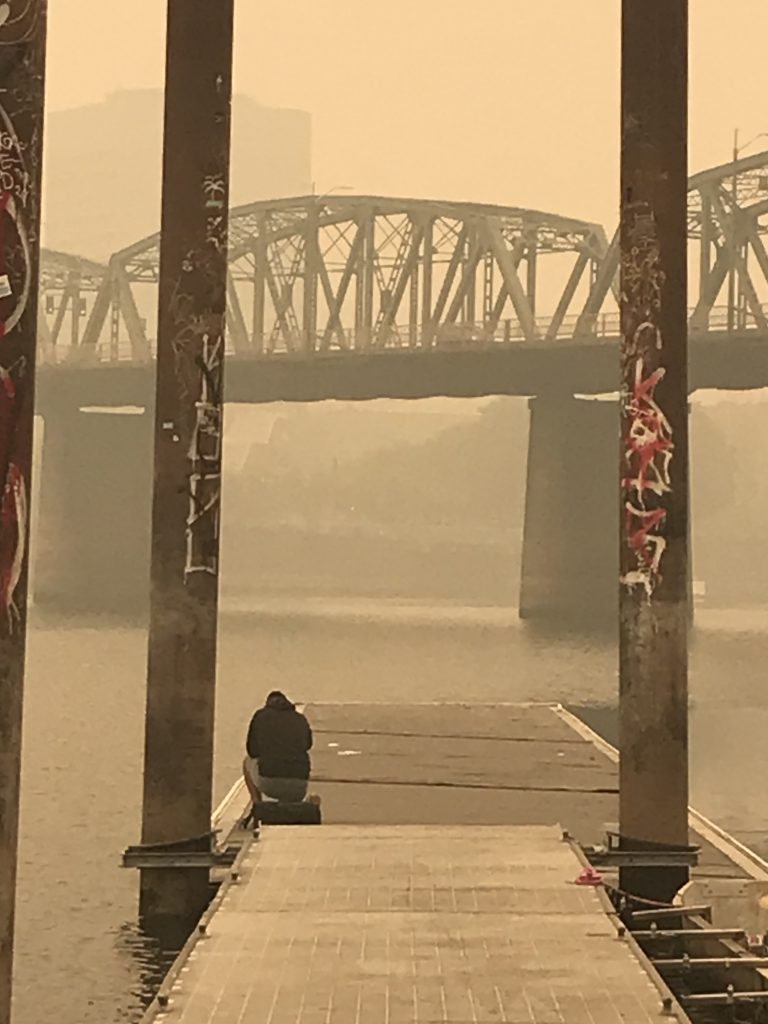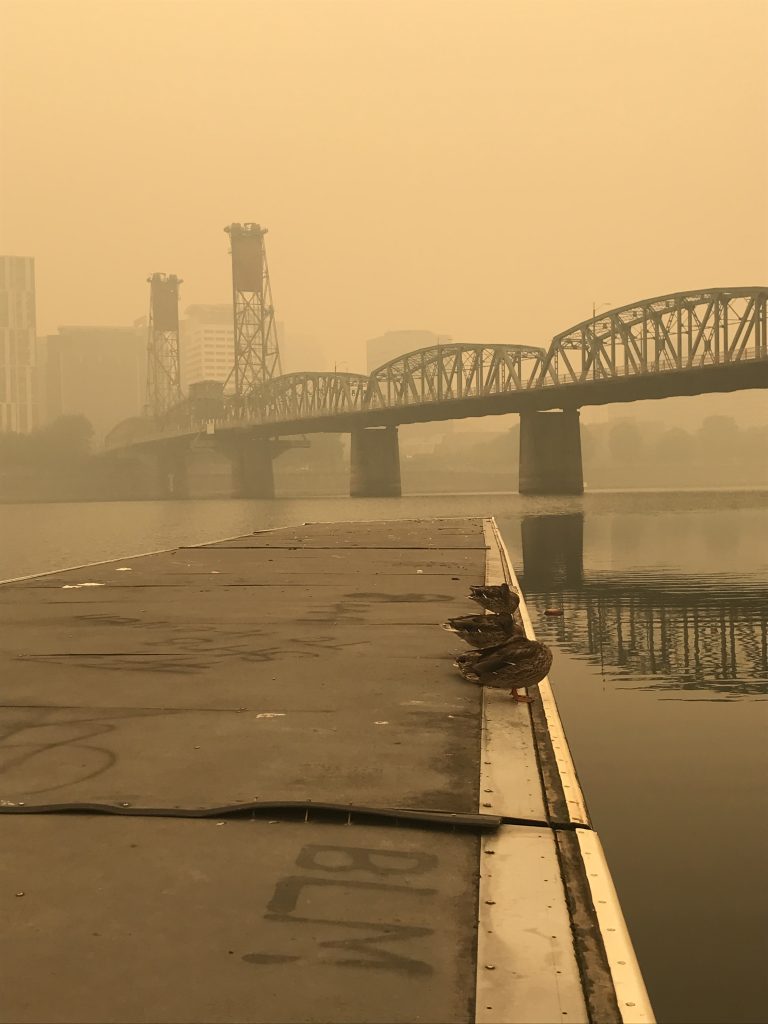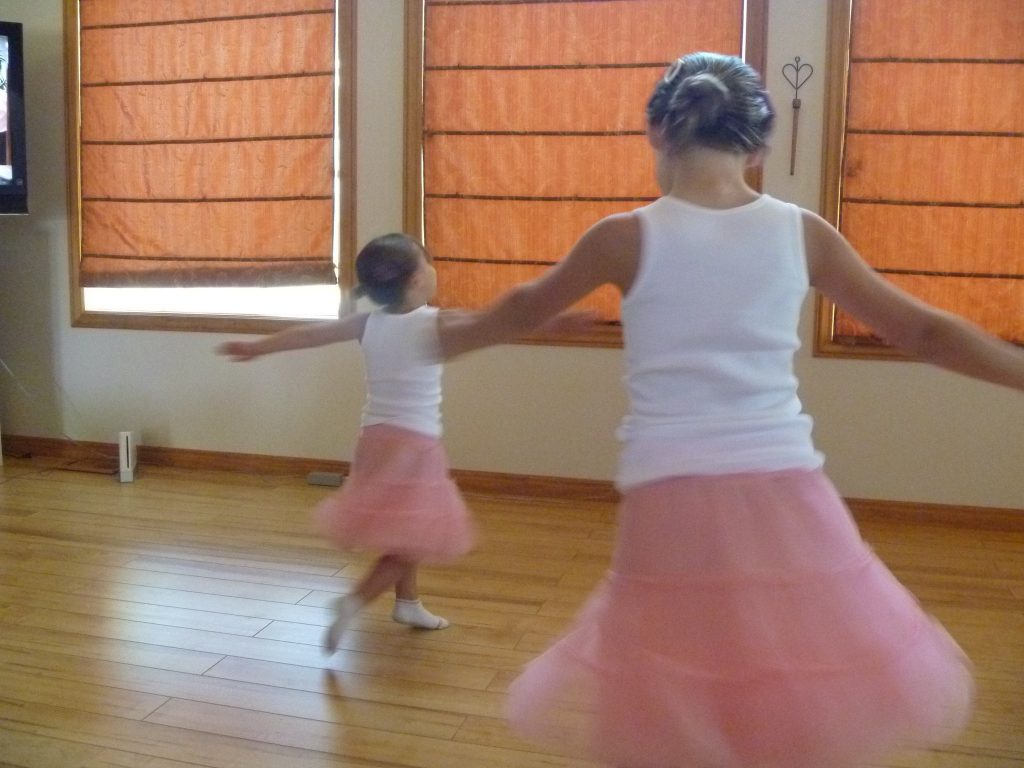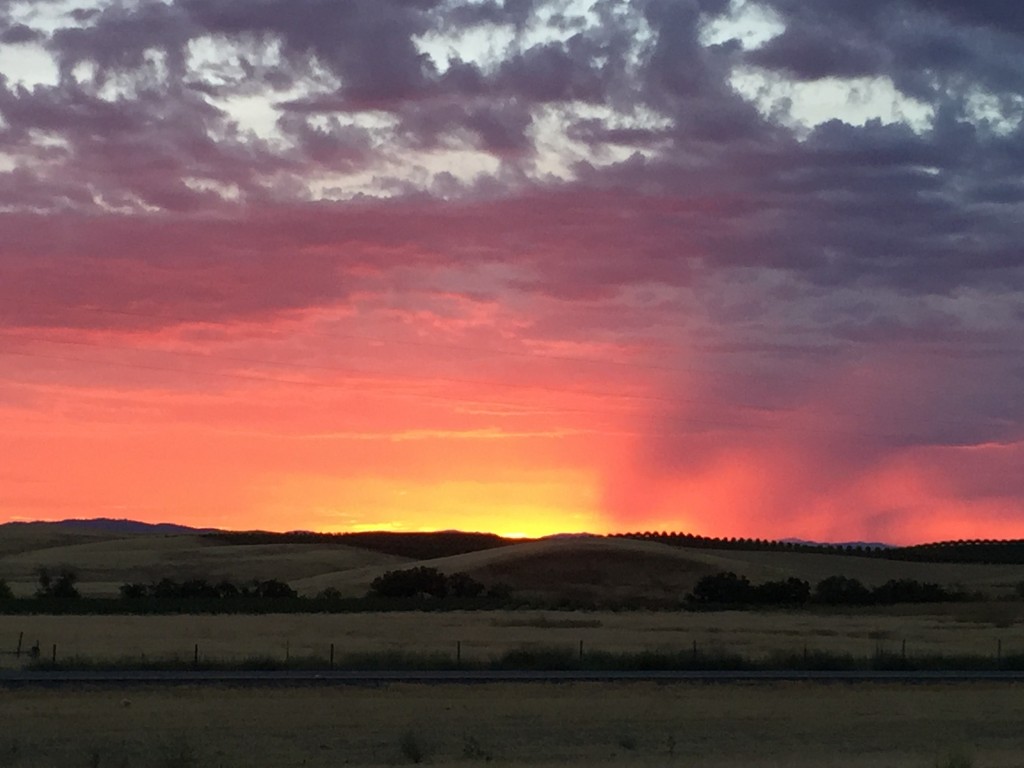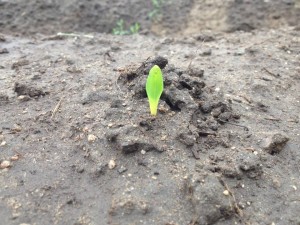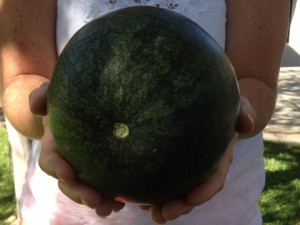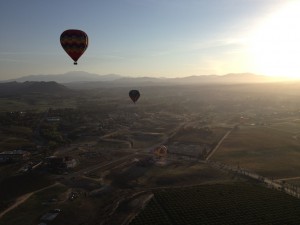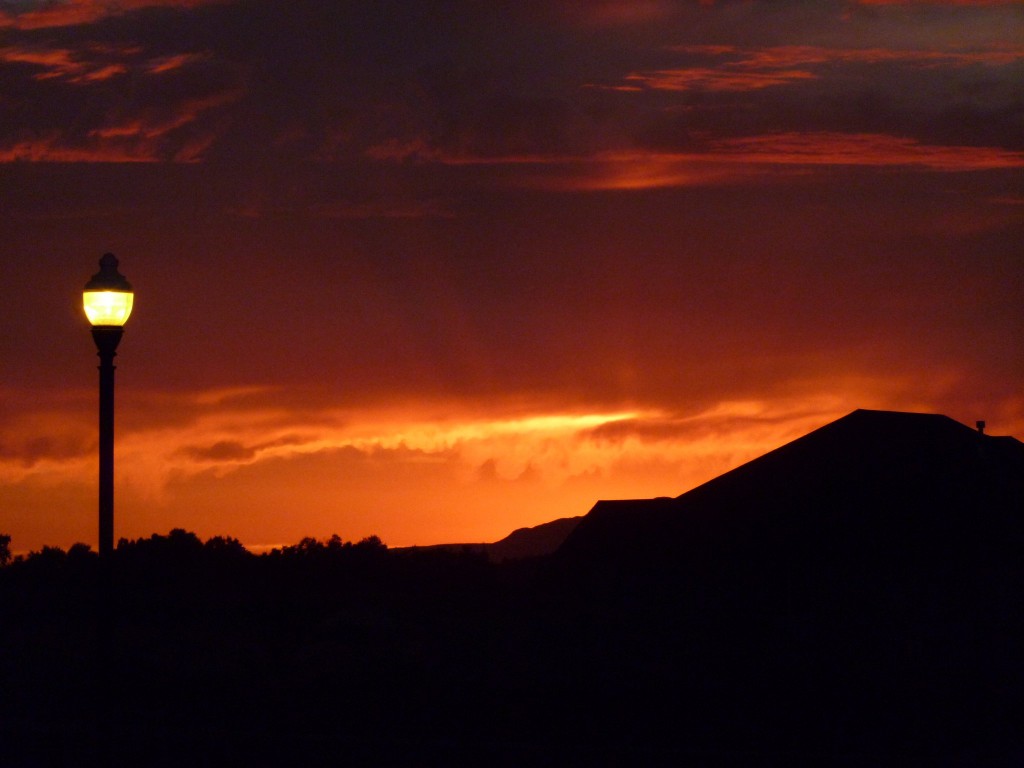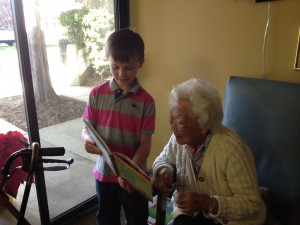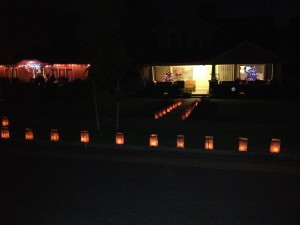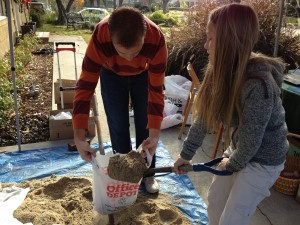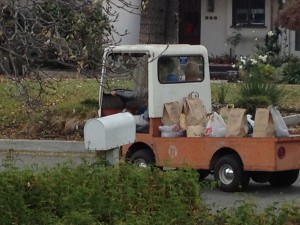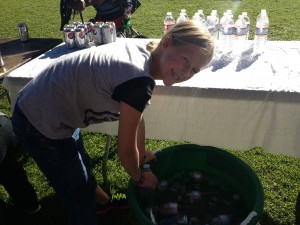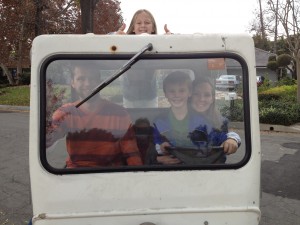The mirror.
The scale.
Magazines.
The bathing suit.
The jeans.
Pinterest.
Your mom.
The billboards.
Your partner.
The dressing room mirrors.
Superbowl commercials.
Most commercials.
That woman at the gym.
The size on your clothing tag.
Instagram.
Movies.
Mannequins.
The button-up that won’t button up.
Television.
The looks on the street.
The way your bra fits, or doesn’t.
The bathroom mirror.
Your coach.
Facebook.
The dress.
Musicians.
That guy at the store.
Photographs.
The mirror again.
Why do we hate our bodies so much?
Why is the demand so high and the desire/standard so impossible to satiate?
Women, let me tell you something. We have drank the KoolAid. We have swallowed, ingested, internalized, believed, aligned and nearly become one with the preposterous idea, that how we look, how we appear, dictates how we should feel and how we should live.
When do we feel good? When we look good.
Some of my best days have been when my face, clothing, hair, and most importantly, physical physique, have looked the way I’ve been told (and I continue to tell myself) it should look. We have a goal in mind and when we get closer to looking like that goal, we walk differently. We have more confidence and we smile more. We flirt. We joke. Life feels better. We don’t put ourselves down as much, at least not for the moment. We feel good because we’ve met some mark or we are getting closer to it. And we tell ourselves that we will be better when we arrive at that mark.
I’ll look better when I lose 15 pounds. If I could just drop a size, I’d be happy. Don’t take a picture, I look awful. I’m not wearing that until I put some meat on these bones. I want curves before I start dating. I don’t want them to see me naked. Let me get rid of my overhang, my muffin top, my double chin, my arm fat.
Then I can. Then I will. Then I’ll be….
I’m going to share a story that was just one transformative moment in my lifelong endeavor to truly love myself, which means to love my body. (Because guess what? We don’t just have bodies, we are bodies).
Years ago, I was in Hawaii with some close family members. It was a time in my life when I was trying to exercise more regularly but feeling discouraged because I didn’t have a lot of extra time between raising children and being a full-time graduate student. Eating was all over the place, but otherwise, I was relatively healthy. But I desperately wanted that hot body. You know, that one we’ve been told is the superior goal of all human existence?
It had been a rough day. I was pretty drained from an awesome but busy vacation and it was towards the end. I was missing my husband who couldn’t go on this trip due to work obligations and the fact that we had used up his PTO on other adventures. I was feeling crummy about the way my stomach “sat” on my bikini bottom. And the way my body was covered with freckles. And about a dozen other things. I had ran the morning before and felt great during it, but I had also compared myself to the hundreds of beautiful bodies that I saw on the island over that week. Will I ever get defined ab muscles, do they even exist? Why am I short and stalky? Why, cellulite, why? We went to a more secluded beach late in the afternoon. It was a little windy and we were on the fence as adults about whether we had the energy to go out at all. But, kids have mysterious ways… of knowing what they want at all times no matter how you feel as a parent. My two children were there and my niece. They were climbing along large boulders near the ocean’s edge. The scenery was beautiful, but I did not feel beautiful. I had eaten a fairly hefty lunch and felt remorse about it. Not because I was particularly uncomfortable physically, but because I was incredibly critical and neurotic mentally.
I remember sitting on a beach towel at the top of the hill overlooking the beach, lying down so I could feel thinner and not see my saggy boobs…you know, soaking up a bit of sun but really having a pity party because my body didn’t look the way I wanted it to. I remember looking over at my mom who has also struggled with feeling down about her how her body looks most of her adult life. She was in a better mood than me that day, but I felt sorry for both of us. And I felt annoyed that my body wouldn’t cooperate and look the way I was constantly telling it to look.
And then my daughter ran up, calling at me from the rocks and then all the way up the hill. “Mom, there’s a sea turtle!”
“Where, where?!?”
I leapt from my towel and grabbed our disposable but waterproof camera that we had purchased. My bare feet running down the hill with my belly flab doing, well who cares what it was doing. I wasn’t thinking about that at all. I got to the water and she and my son pointed it out. It was gorgeous. (I am so in love with animals). And I also love to swim and happen to be decent at it. Even though I knew it was illegal and forbidden to touch the turtles, it was not forbidden to swim with them. I grabbed the goggles from my brother, told him to fetch his GoPro, and I dove into the blue-green water. Or at least I would have, but I couldn’t because I wasn’t sexy enough. I wasn’t thin and toned enough. My lips are a little too thin. You cannot swim with turtles if you don’t look good while doing it…
Oh, wait. That last part is all bullshit.
The truth is, I did swim with that turtle. Right next to him (no idea if it was a him because that probably doesn’t matter either). I glided through the water, watching it move its limbs, looking at its awesome face and eyes. The water felt so great and I was so thankful I had snorkeling gear so I had the mask to see that creature so clearly. I loved him. I swam and swam. I would come up for air and talk to the kids and a few nearby adults with quick updates. The turtle liked the rocks and was eating something on them. (I doubt he was concerned about caloric intake or how he would look the next day). I remember a time when he ventured farther away from the rocky area and we swam side-by-side for a good minute or two straight out towards the ocean depths. He turned around, I came up for air again and turned with him. It was a beautiful experience for me. My children got to see me really living and loving every second of it. They got to see me free from shame and criticism. I felt alive and connected to our world and to these incredible animals we share the earth with. I felt happy. I felt humble and grateful. And I touched his shell (shhh, don’t tell). Just a gentle touch, just once. I didn’t realize how much of a ‘thank you’ it was from me to him at the time, but I definitely knew something as I walked up the hill, soaking wet at the end of a beautiful setting of the sun.

It’s almost too magical to capture with words. The feeling I had. The difference between my internal state before swimming and after. And here’s what washed over me that day. I can swim. I can run (not well, not for long, but I made it down the hill and into the ocean). I can play like a child and be filled with awe. And let me tell you, friends, not one time, not even for one moment, did I think anything about the bikini I was swimming in. Not once did the fat on my body ruin the experience. The size of my butt or my thighs didn’t mean a thing. The turtle didn’t give one lick about what I was wearing and neither did I. I could have been naked and there would have been no time, no need, and no reason for shame. I was a body swimming with another body. The beauty was not held in what I looked like, or what he looked like. (how do we even judge turtle beauty?) The beauty was in the experience of being alive and doing something that brought joy and happiness. A sense of being free and also being connected to others. I walked up the hill not giving a shit what my wet body looked like in the bathing suit. I wasn’t even conscious of it because that was not and is not the point of living. I was doing something I wanted to do and could do and not allowing false beliefs about myself to hold me back.
I’m going to propose a radical idea. Simplistic and not at all original but radical because it is so hard to do. And so hard to do because we have to continually do it and fight against what we’ve been taught. Not once, but a thousand times in a thousand ways.
It begins and essentially revolves around a question: In what ways has the shape and size of your body kept you from living your life?
And said a bit differently: what things do you want to do but you cannot do because of some aspect of how you look?
The answer(s) to this question will likely lead us to think about different components of living. Well, I can’t wear my wedding dress anymore. I can’t fit into my jeans. I can’t shake my ass when I dance cause I don’t have one. I can’t walk into a class without feeling embarrassed. I can’t squat 200 pounds. I can’t run a 10k or half marathon.
Maybe you haven’t been able to fit into different things, like seats at an event or on an airplane or that shirt your mom gave you. Or maybe, for health reasons based on weight, you’ve had to limit some activities. Maybe you can’t sleep well at night. Perhaps you cannot do the athletic or active things you once could or have always wanted to do. Maybe it is hard to make it up a flight of stairs or to hike in a national park.
Now, let’s ask it again. Be honest and accurate with yourself. Subtracting all of the things that you have told yourself you can’t do because of your weight/body fat/height/looks, etc, what things are you actually limited by because of your body shape and/or size?
Can you begin to make two different lists? #1: Can you identify what things you truly want to do that you truly cannot do because of your body size, shape, composition?
And on the other list, #2: What are all the things you’ve told yourself you cannot do because of your shape and size or how you look?
Is there a difference? The first list is one that does indeed matter. It tells you that maybe there are ways in which you want to get stronger so you can do something. Or get more cardio endurance, again so you can do something. Perhaps health is a concern– and in no way am I downplaying that health matters. If your physician tells you that you need to lose body fat so that your heart can operate well and you can play with your dog and go on that hike you’ve always wanted, you damn well better put that on the first list. Your health matters because your life matters. If you need a tighter core because your back is killing you, yep, that goes on list #1. Also, if you want to bench 200 and you cannot yet because you need more muscle mass, okay. I hear you. I honor that. You have goals and you want things. GOOD. It’s important to find things that bring you joy and purpose and meaning, and sometimes we gotta change even our body composition or our endurance, etc., to meet those goals.
But, here’s the thing. Those things on even that list should be solely that: your goals.
Not your self-evaluation.
Not your sense of lovableness.
Not your scale for your self-esteem.
Your goals, your aims, that’s it. You won’t be worthy when you arrive at the goals. You’ll arrive at your goals, in your own way and your own time and how you need or want to, because you are already worthy. And if you change your mind or adjust your goals, your value as a human being does not change.
Last but not least, I want you to make a third list. In fact, this one is probably the most important and yet the hardest to feel like what’s on it is “good enough” or makes the big difference. This one is gonna be long and I want you to keep adding to it.
List #3: Write down everything you can do right now with your body. Assuming you stay JUST AS YOU ARE, what things can you do, do you do, that you enjoy and want to do? In other words, what are all the ways you are living your life and doing things with that body you have right now?
Again, maybe you are injured or maybe you are ill. Maybe you cannot do all that you want. That’s okay. We’re not asking on this list all the things you cannot do. We made that one already, right? This list #3, is what you CAN do.
Can you offer a cup of coffee to a friend?
Can you enjoy a hot shower?
Can you play the violin or guitar or my version of the drums which is really anything that sounds cool when I pat it with my hands?
Can you grocery shop?
Can you enjoy ice cream and name the flavor with your eyes closed?
Can you go snow tubing?
Can you throw snowballs at your neighbor? (but should you?)
Can you smell lemons? Cucumbers? Baked bread?
Can you pillow fight with your kids or your partner?
Can you offer an affirmation to someone who needs it?
Can you walk? Outside? Through the trees?
Can you feel sand between your toes?
Can you plant a flower for your neighbor because you nailed them with a snowball last winter?
Can you laugh?
But, can you snort? (will you allow yourself to?)
What about dancing? (I don’t wanna hear I’m not a good dancer. I’m asking–can you dance?)
Can you enjoy a massage?
Can you have sex?
Can you sing?
Can you hug someone or offer to hold the door open?
Can you wrestle or snuggle your pet?
Can you lift more weights that you could last week? Or do it with better form? Or more exertion?
Can you smile?
Can you sit at Thanksgiving with loved ones?
Can you listen to a baby coo?
Can you shake what your momma gave ya?
Can you skip? Jump rope? Roller skate?
Could you swim with me, perhaps a life vest needed and that’s fine, if we happen to run into another sea turtle in this lifetime?
Can you feel the sunshine on your face? Or smell the rain? Feel the wind in your hair?
Your body matters. It has brought you to this day, to this place, and it is you. You have much to celebrate and appreciate about that incredible body that YOU ALREADY HAVE. The radical transformation we need? Is to earnestly focus on functionality and not on appearance. To practice feeling grateful instead of grossed out. To feel good regardless of the mirror. To get a new scale that has nothing to do with numbers. Or better yet, throw out any and all scales (literal, symbolic, abstract) that sap joy from your life. The goal isn’t to shift into criticizing ourselves for what our bodies can and cannot do. Our goal is to live freely within love and to experience true joy for being alive, being embodied, and being embedded within communities that lift us if we literally or metaphorically cannot walk. To truly love our bodies because they are. Love comes first, and not as a reward.
And listen, I have in no way arrived at some perfect internal place of loving myself or my body all the time. I just try to focus and work towards having more and more moments, for longer periods of time, where I choose to love my body as is, instead of waiting to love it when I get to some place.
Cause here’s the thing. If I can’t love my body now, TODAY, in the way I look in my bathing suit right now before I shave these legs, then I won’t truly be loving myself either if I get to a place where I’m struttin my stuff in a bikini at a lower weight or with more muscles showin. That’s not self-love. That’s conditional approval.
And life’s too short and too important to chase conditions!
I’m rocking the bikini (or whatever else I feel like wearing) now and always, cause my body has a lot to do and feel and enjoy.




